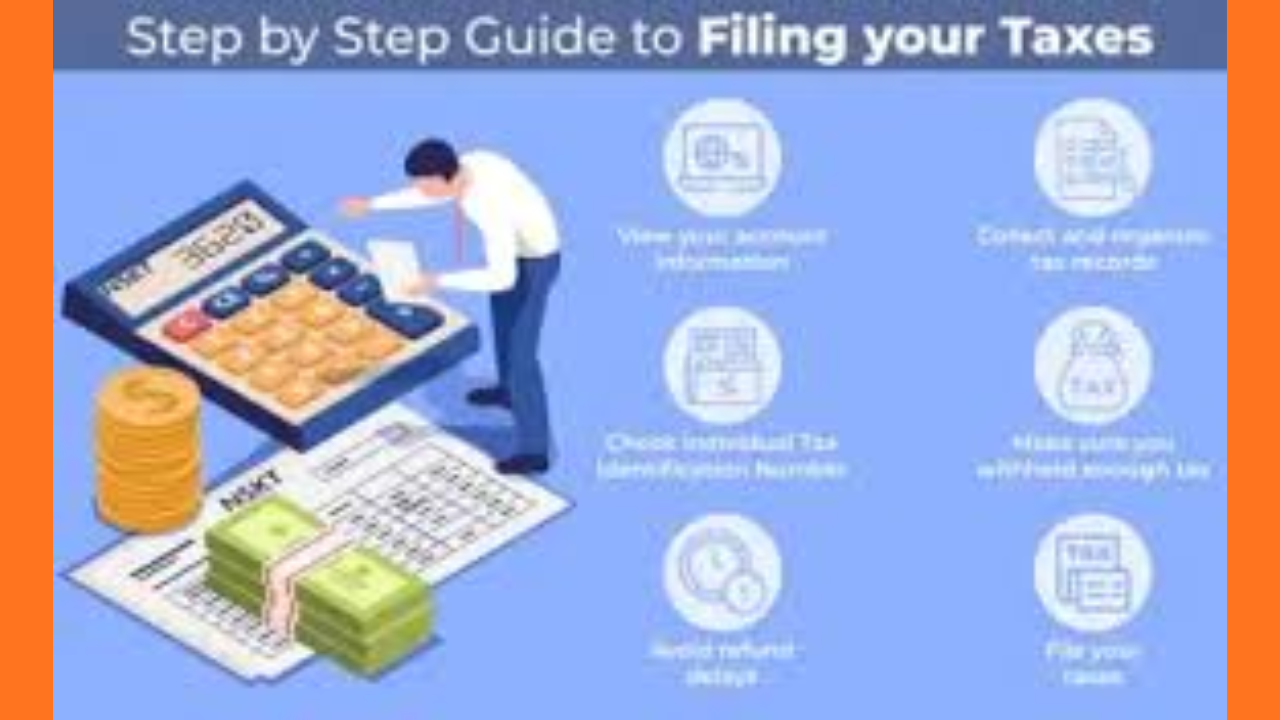From houses to farmland, here are nine ways to save on capital gains tax when selling property under the Income Tax Act.
Thank you for reading this post, don't forget to subscribe!Selling a house, plot, or agricultural land doesn’t always mean paying a large amount in capital gains tax. The Income Tax Act, 1961, has nine different sections that allow taxpayers to either pay no tax or significantly reduce their tax liability on such transactions. These provisions provide structured ways to reinvest and claim exemptions, helping everyone from homeowners and farmers to industrial companies.
While Sections 54 and 54F are the most well-known, several other exemptions cover specific situations, from the compulsory acquisition of land to investing in government-specified bonds and startups.
Key Exemptions Explained
- Section 54: This provides an exemption when you sell a residential house and reinvest the capital gains into another residential property in India.
- Section 54F: This offers relief when you sell a long-term capital asset other than a house (like land, shares, or gold) and reinvest the gains into a residential property.
- Section 54B: Specially designed for farmers, this section allows for an exemption on gains from the sale of agricultural land if the proceeds are used to purchase new agricultural land.
- Section 54D: This applies when land or buildings that are part of an industrial undertaking are compulsorily acquired. The exemption is granted if the compensation is used to shift or re-establish the industrial unit.
- Section 54EC: You can invest gains from the sale of land or a building into specified bonds like those from NHAI or REC within six months to claim an exemption.
- Section 54EE: This provides an exemption when gains from any long-term asset are invested in government-notified funds, subject to a cap of ₹50 lakh.
- Sections 54G & 54GA: These sections benefit industrial undertakings that shift operations from urban to non-urban areas (54G) or to Special Economic Zones (SEZs) (54GA).
- Section 54GB: This encourages investment in eligible startups. Individuals and Hindu Undivided Families (HUFs) can claim an exemption by investing proceeds from the sale of a residential property into the shares of such companies.
Section 54 vs. Section 54F: A Quick Comparison
While both sections help save on capital gains by reinvesting in a new residential property, their use differs:
- Section 54 is specifically for gains from selling a residential house.
- Section 54F applies to gains from selling any long-term capital asset other than a house.
For both, you must reinvest within one year before or two years after the purchase (or within three years for construction). The exemption amount depends on whether the full or partial sale consideration is reinvested.
Why It Matters
For taxpayers, these provisions can mean zero tax if all conditions are met. For example, investing the full sale amount in a new property under Section 54F can completely eliminate capital gains tax. However, it’s important to act within the specified timelines and follow all rules. Failure to reinvest on time or improper use of the Capital Gains Account Scheme (CGAS) can reverse the exemption and result in a tax liability.
Tax experts advise carefully evaluating which section applies best to your situation before making any reinvestments, as timely and compliant action could save you a substantial amount of money.

















